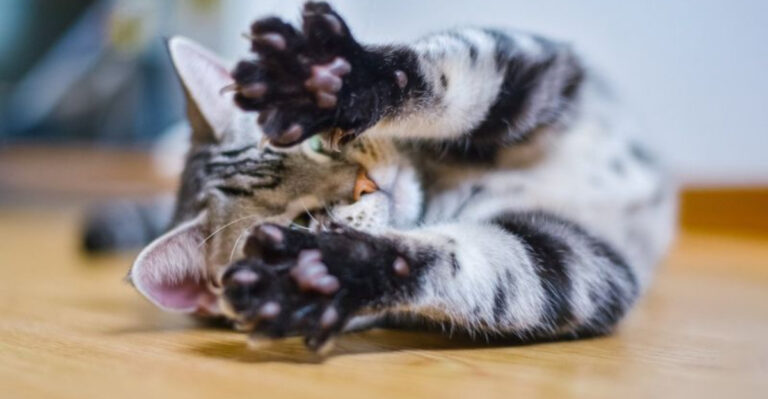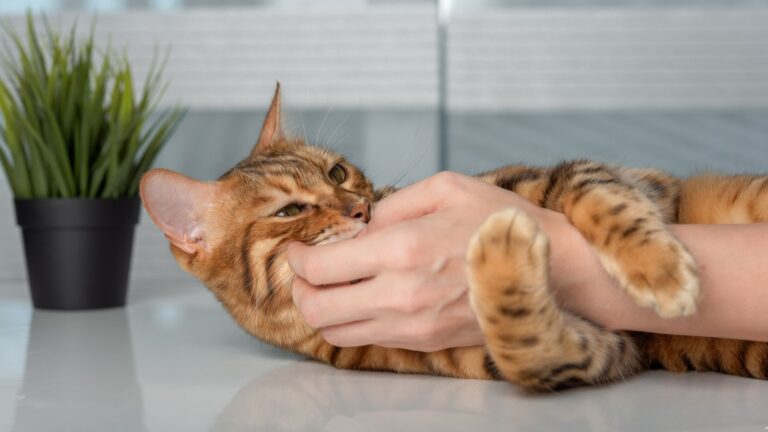15 Soothing Ways To Help Senior Cats Feel More Comfortable And Calm
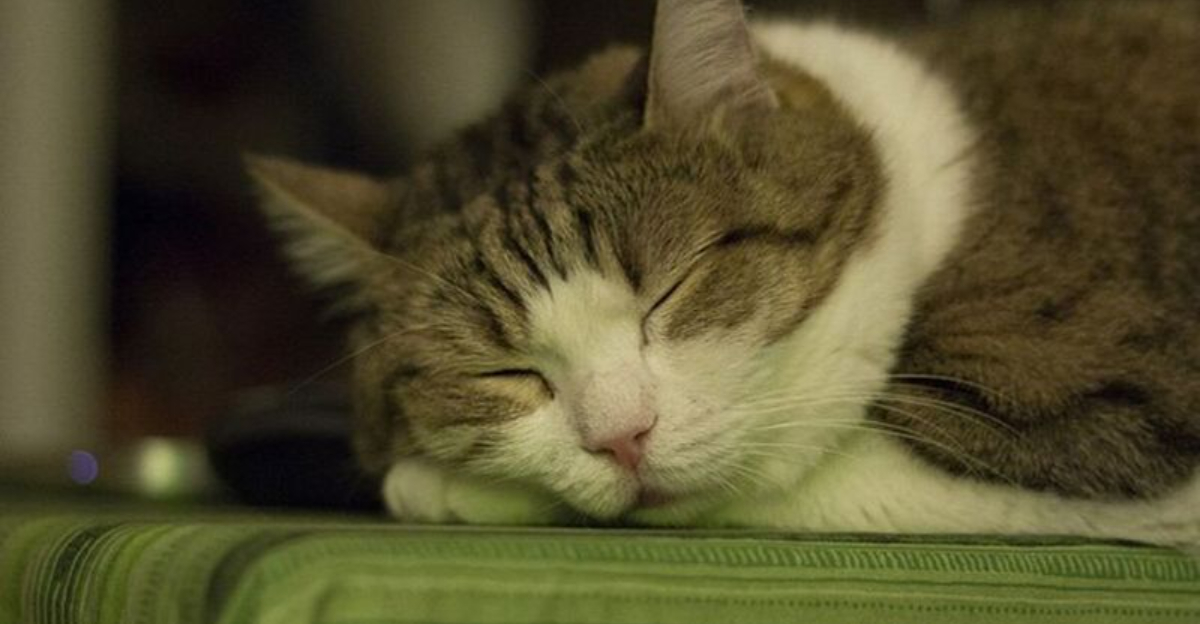
As cats age, they face new challenges that can affect their comfort and well-being. Whether it’s joint pain, anxiety, or just the slowing down of their energy, older cats need extra care to maintain their quality of life.
By providing a calm and soothing environment, you can help your senior cat feel more at ease and comfortable. Here are 15 ways to make their golden years more peaceful and enjoyable.
1. Provide A Soft, Warm Bed
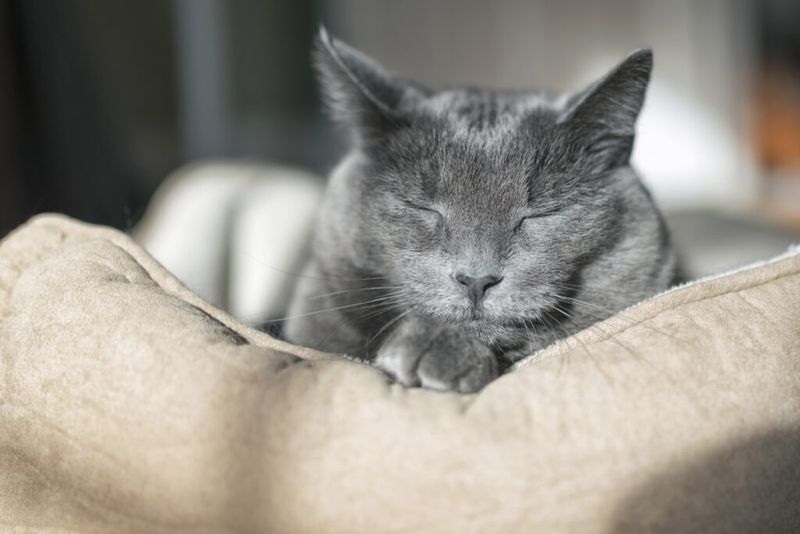
Aging felines deserve cloud-like comfort for their achy joints. A plush, orthopedic bed can make all the difference in their sleep quality.
Position the bed in a draft-free corner where sunlight filters in during the day. Many senior cats appreciate having multiple resting spots throughout your home to accommodate their changing preferences.
2. Use Calming Pheromone Diffusers
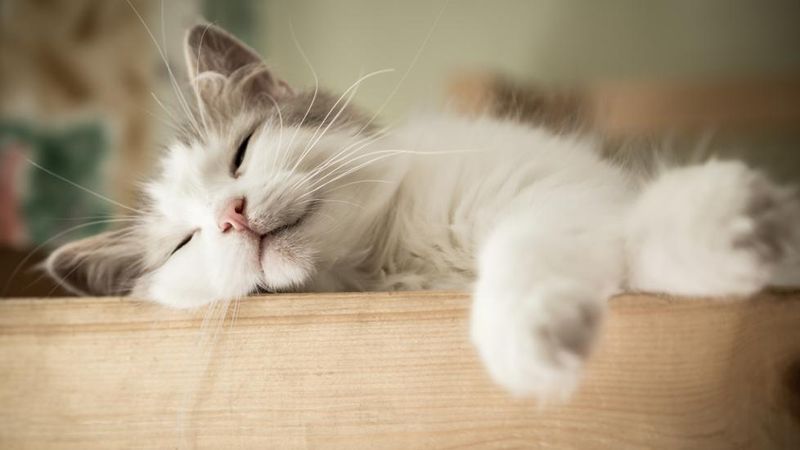
Synthetic feline pheromones work wonders for anxious senior kitties. These miraculous molecules mimic the natural facial pheromones cats leave when they rub against objects.
The gentle, undetectable-to-humans scent creates an invisible comfort zone that helps reduce stress. Place diffusers strategically in rooms where your elderly cat spends most time for maximum benefit.
3. Offer More Frequent, Smaller Meals
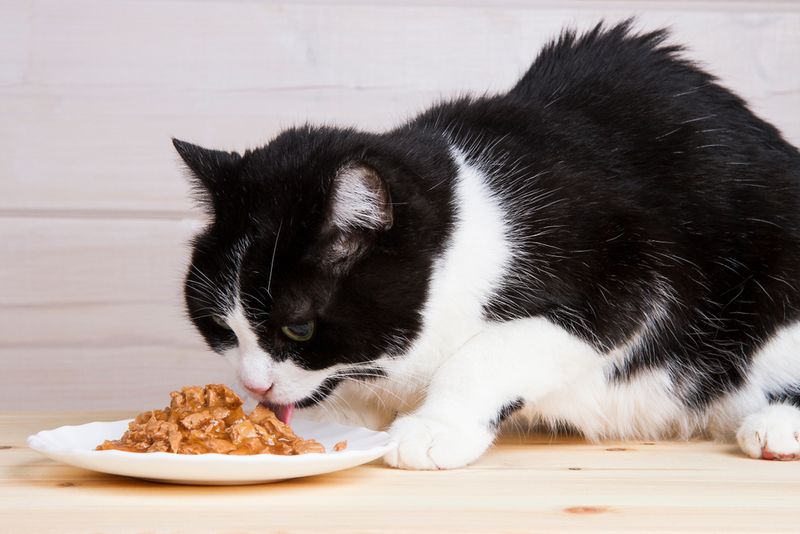
Digestive systems slow down with age, making large meals uncomfortable for senior felines. Breaking their daily portion into 4-5 small servings eases digestion and prevents uncomfortable bloating.
Warming food slightly enhances aroma, stimulating appetite in older cats with diminished senses. Always serve at body temperature, never hot, to protect sensitive mouths.
4. Keep Their Environment Quiet
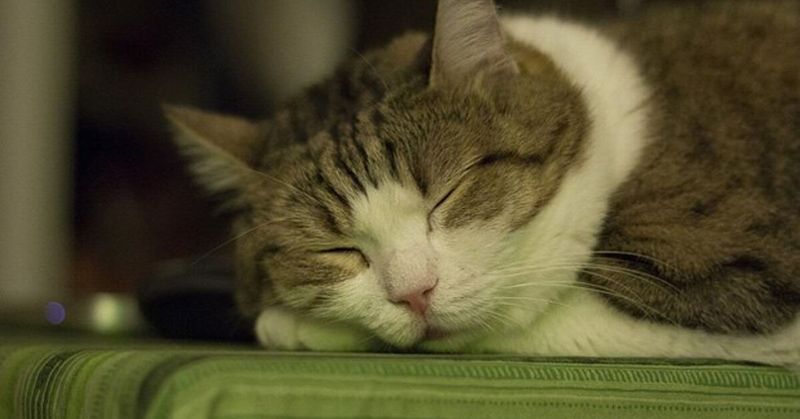
Senior cats often develop heightened sensitivity to noise. Sudden sounds that once went unnoticed might now trigger anxiety or discomfort.
Create a peaceful sanctuary by setting up a quiet zone away from household traffic. Consider using white noise machines near their favorite spots to mask disruptive sounds like street noise or household appliances.
5. Provide Elevated Resting Spots
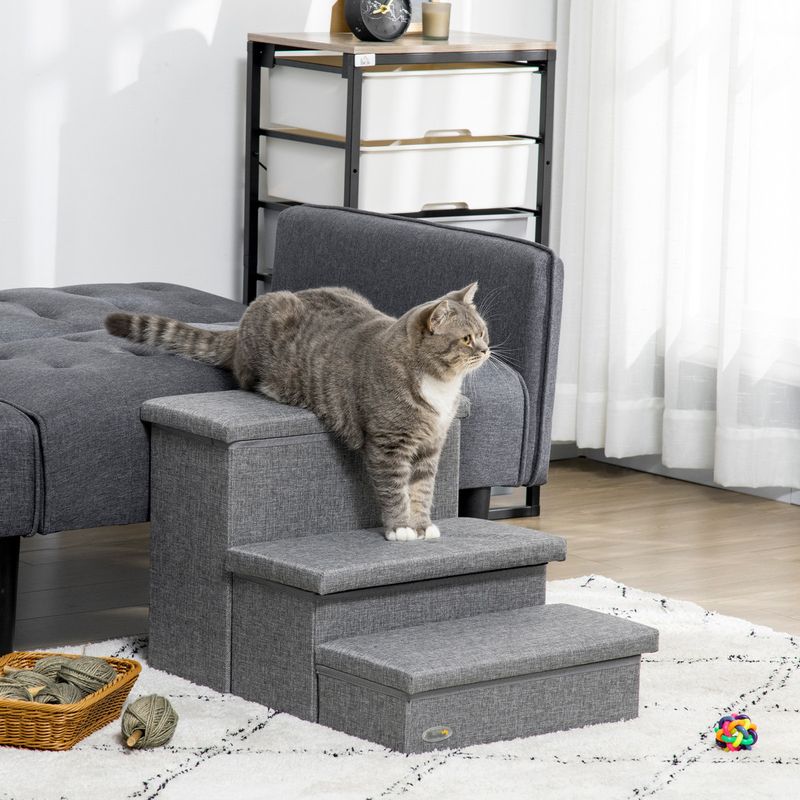
Watching the world from above remains a feline joy, even when jumping becomes difficult. Create a series of low steps or ramps leading to favorite windowsills or perches.
Carpeted stairs provide crucial traction for uncertain paws. The gradual climb preserves their dignity while protecting joints from painful leaps that could result in falls and injuries.
6. Regular, Gentle Grooming
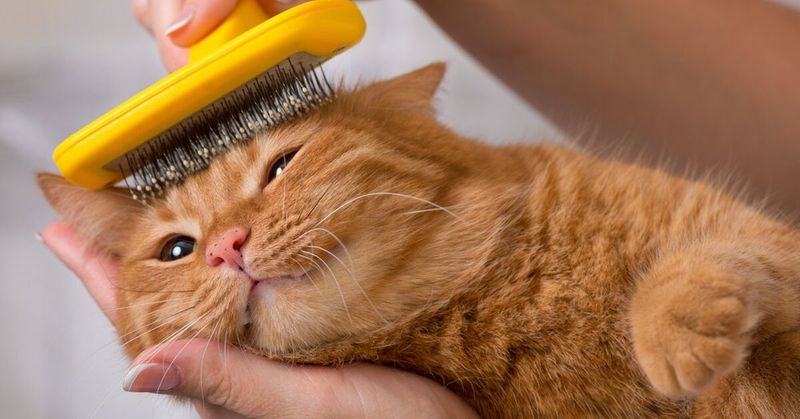
Arthritis often prevents older cats from reaching all areas during self-grooming. A soft-bristled brush removes loose fur that could form uncomfortable mats while stimulating healthy blood circulation.
Keep sessions brief—just 5-10 minutes daily. The rhythmic strokes release endorphins, creating a bonding ritual that soothes anxious seniors who may feel vulnerable as their physical abilities change.
7. Keep Litter Boxes Accessible
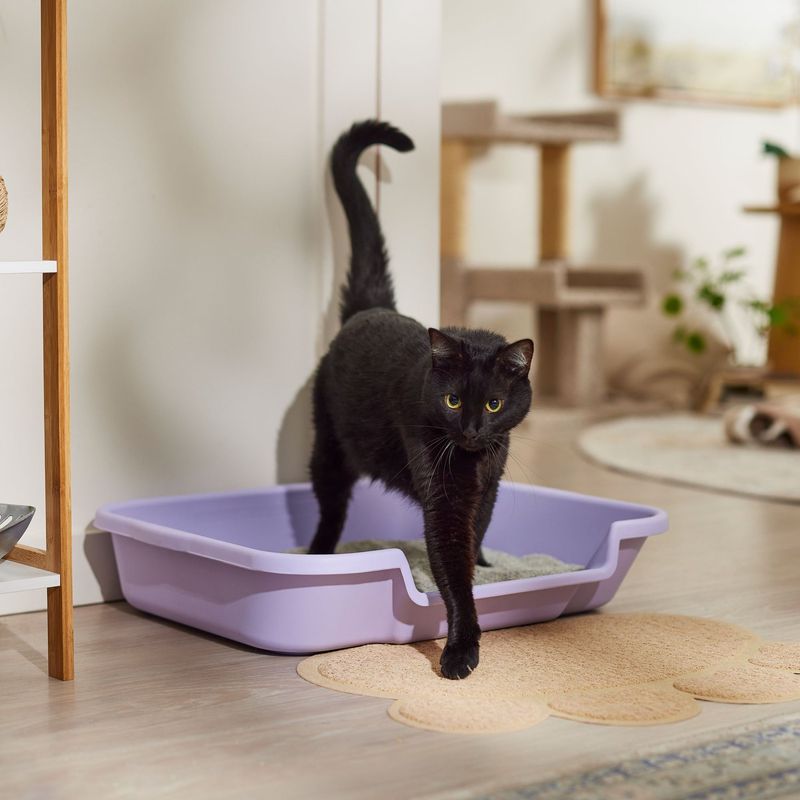
Bathroom dignity matters tremendously to our feline friends. As mobility decreases, traditional high-sided boxes become challenging obstacles rather than comfortable facilities.
Replace at least one box with a low-entry version featuring a cut-out entrance no higher than 3 inches. Place boxes on every floor of multi-level homes to prevent painful stair navigation when nature calls.
8. Offer Warmth During Cold Weather
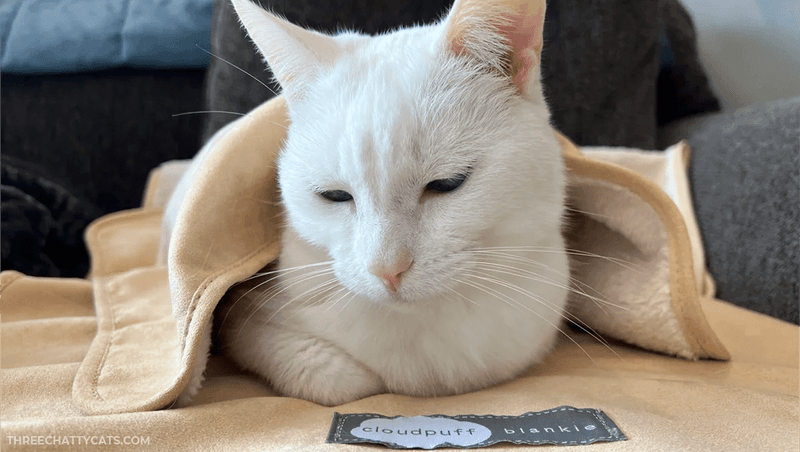
Senior cats lose body heat more quickly than their younger counterparts. Their thinning fur and decreased muscle mass make them particularly vulnerable to chills.
Self-warming pads that reflect body heat offer safe comfort without electricity. For extra coziness, microwave-safe heating discs provide gentle warmth for up to 8 hours—perfect for cold nights when joint pain typically worsens.
9. Maintain A Consistent Routine
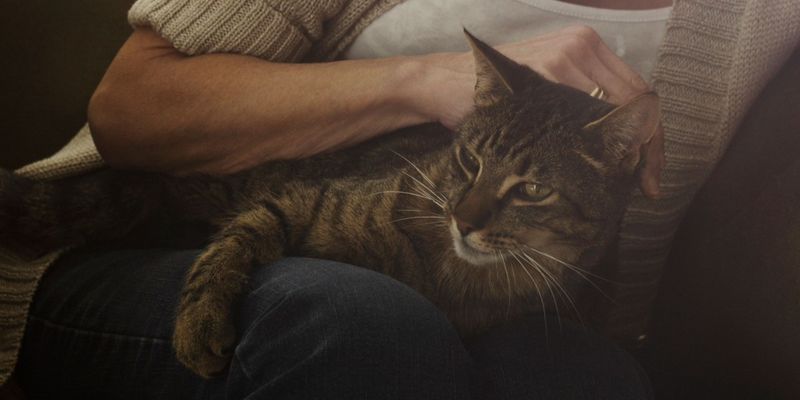
Predictability provides profound comfort to aging cats, especially those experiencing cognitive changes. Serving meals, administering medications, and playtime should happen at the same times daily.
Even small disruptions can trigger anxiety in senior cats who rely on routine for security. When changes are necessary, introduce them gradually with plenty of reassurance and familiar scents to ease the transition.
10. Offer Low-Stress Interaction
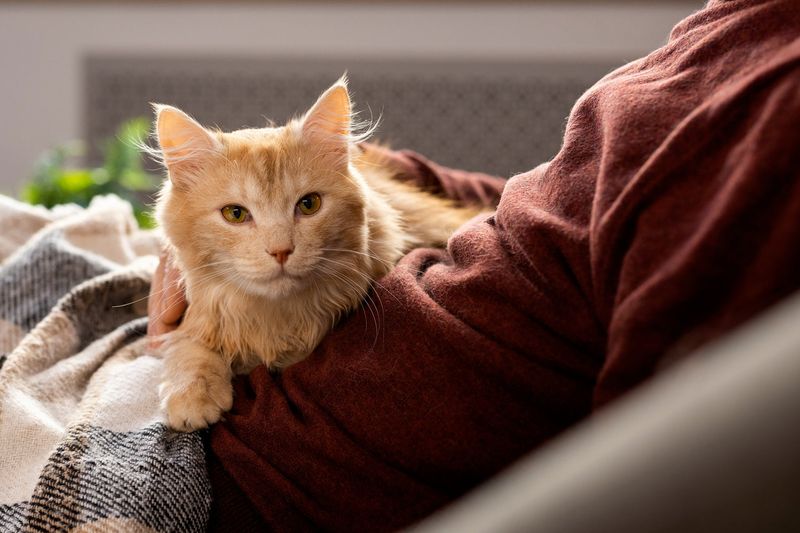
Gentle connection nurtures emotional wellbeing without taxing limited energy reserves. Rather than active play, many senior cats prefer quiet companionship—simply being near you while you read or watch television.
Slow blinks, soft talking, and gentle chin scratches create meaningful moments. Watch for subtle cues that indicate when they’ve had enough attention, respecting their need for more frequent rest periods.
11. Use Soft, Comfortable Blankets
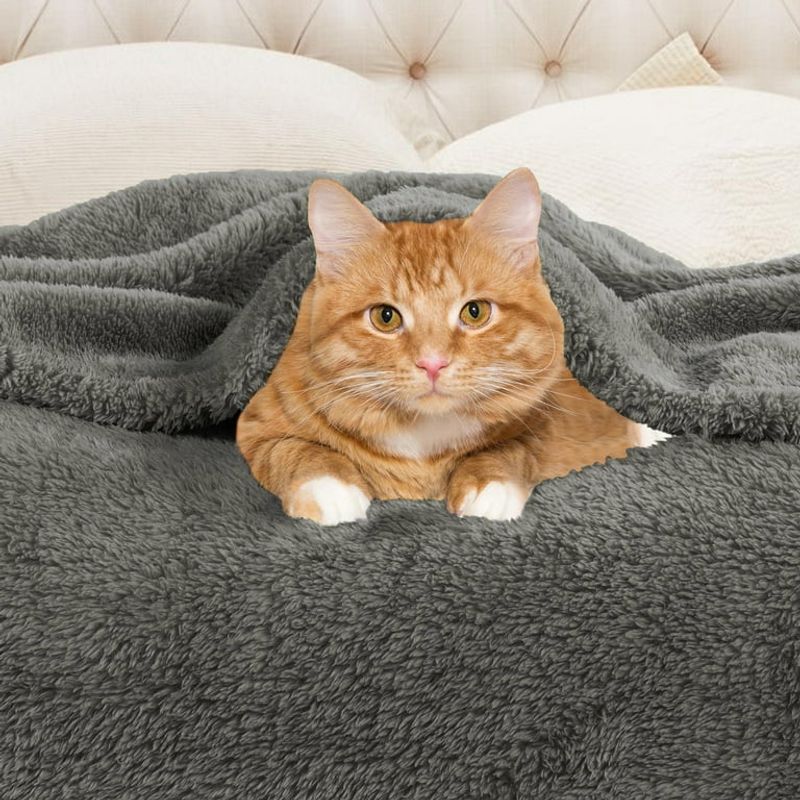
Microfleece throws offer extraordinary comfort for pressure-sensitive senior joints. The plush texture cushions bony prominences while providing insulation against drafts.
Rotating several blankets maintains cleanliness while preserving familiar scents. Place these soft islands throughout your home, creating inviting rest stops that encourage your aging companion to pause and relieve joint strain during daily activities.
12. Provide Sensory Enrichment
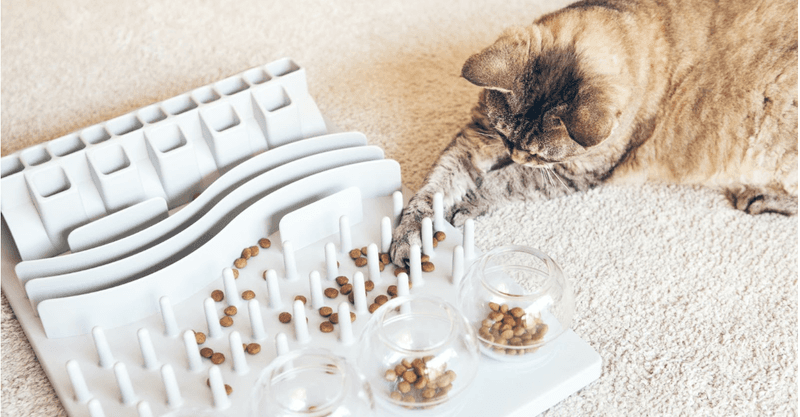
Mental stimulation prevents cognitive decline in aging felines. Bird-watching stations near secure windows offer fascinating entertainment without physical exertion.
Puzzle feeders adjusted to easier difficulty levels engage problem-solving skills while providing rewarding treats. Some seniors particularly enjoy catnip or silver vine herbs scattered on scratching surfaces—these natural mood elevators can temporarily ease discomfort and anxiety.
13. Monitor Their Health Regularly
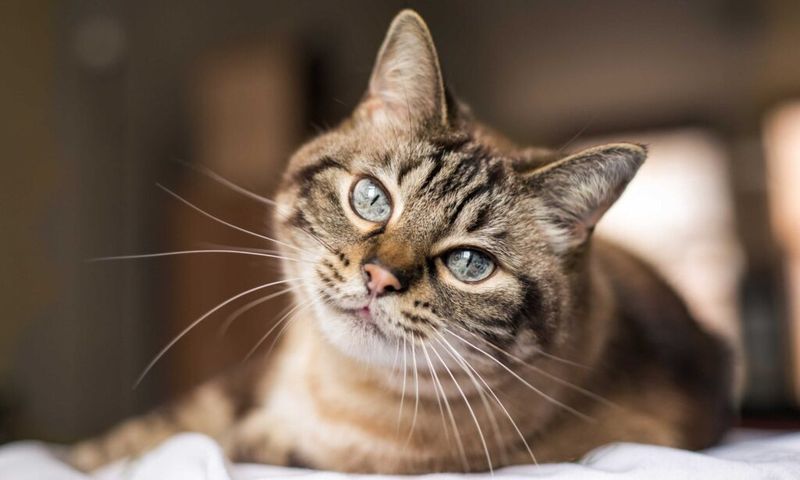
Subtle changes often signal developing health issues in senior cats. Creating a simple journal tracking eating habits, water consumption, and bathroom visits helps identify concerning patterns early.
Monthly at-home examinations—gently feeling for lumps, checking gum color, and assessing weight—complement veterinary care. Many age-related conditions respond best to early intervention, making this monitoring essential for maintaining comfort.
14. Create A Safe, Quiet Retreat
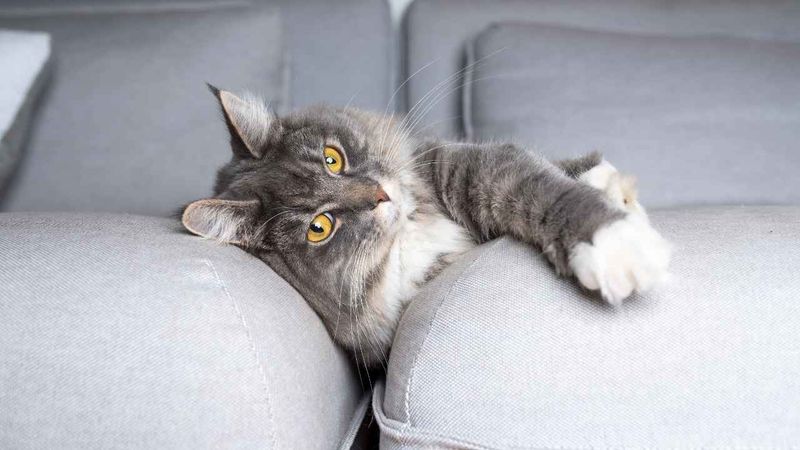
A dedicated sanctuary offers essential security when household activity becomes overwhelming. A partially enclosed space—perhaps a converted cabinet or specialized cat tent—provides the perfect escape.
Line this haven with familiar-scented bedding and position it away from household traffic. Some seniors appreciate having their food and water nearby, eliminating stressful journeys when they feel vulnerable or tired.
15. Encourage Gentle Play
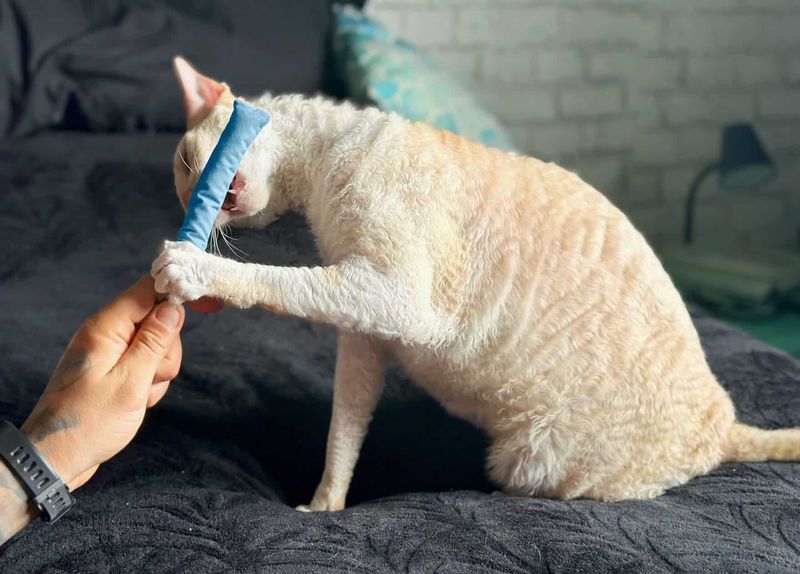
Appropriate activity maintains muscle tone and joint flexibility in aging cats. Feather wands moved slowly along the ground accommodate limited mobility while satisfying hunting instincts.
Catnip-filled soft toys offer enrichment without requiring jumping or running. Keep play sessions brief—just 2-3 minutes several times daily—to prevent fatigue. Celebrating even minimal participation helps maintain their confidence during this vulnerable life stage.

